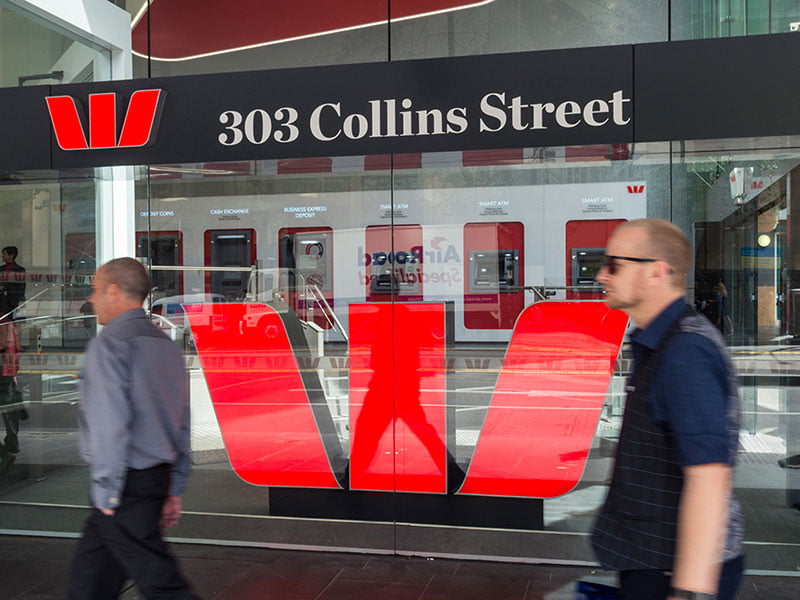The increasingly common practice of large financial providers “debanking” Australian tech firms is a “significant threat to competition” and risks “undermining” the growth of the local sector, a Parliamentary committee has heard.
Debanking is shaping as a central issue for the Select Committee on Australia as a Technology and Financial Centre, which launched earlier this year as an expansion to the fintech inquiry.
Debanking is the process of a bank cutting off banking services to businesses for a range of reasons, such as “commercial reasons” or concerns over compliance with anti-money laundering and counter-terrorism financing laws.
A number of submissions to the inquiry raised concerns over the debanking of Australian tech firms for unclear or unexplained reasons, and the impact of this on the businesses and the wider sector. Westpac confirmed it had debanked eight fintech firms in the last year in its submission.

The competition watchdog flagged that this is potentially a significant competition issue, while the Small Business Ombudsman said that it “risks stunting Australia’s technology and financial industries”.
Industry body Fintech Australia said that debanking is a “significant” issue for the sector, and one that needs to be addressed by the government and relevant regulators.
“Debanking undermines the entire fintech industry. For Australia to be a world class centre for financial technology, fintech companies must have equal access and opportunity when it comes to access to banking services,” Fintech Australia said in a submission to the inquiry.
“Allowing banks to debank fintechs gives them the position of de facto gatekeepers to innovation, as they then become the arbiters of who should and should not be provided banking services, and therefore a viable chance at success in Australia. The practical effect of this is that banks are see as a single point if failure for a fintech company and present a risk to the health and viability of a business.”
Debanking is often sudden and sometimes done without an explanation, Fintech Australia said, with the two main reasons often being compliance with anti-money laundering rules. Fintech Australia said that 23 of its member companies reported having been debanked, while one company has been debanked four times since 2018.
The Australian Competition and Consumer Commission (ACCC) looked at the issue of debanking in 2019 in other sectors, and said that it has the “potential to be a significant threat to competition”.
The Small Business Ombudsman also said the risk of debanking is currently too high for small tech companies.
“The seriousness of debanking cannot be understated. Technology and financial businesses who have been debanked must allocate precious capacity to correcting the operational damage caused by a loss of financial services,” the Ombudsman’s submission said.
“This damage can include legal processes and time spent securing alternate services, if they can be found at all. The persistent inability of startups to access basic banking services risks stunting Australia’s technology and financial industries through unintentionally limiting competition before their true potential can be realised.”
Of the banks that have made submissions to the inquiry, Westpac was the only one to report how many fintechs it has debanked, confirming it had cut off banking services to eight fintech companies in the last 12 months.
“Before a decision is made to cease offering banking services to a business, we will undertake a process to gather further information. This typically involves a conversation with the customer to understand the nature of their businesses and the activities that have triggered the risk assessment,” the Westpac submission said.
In its submission, NAB said that debanking is considered on a case-by-case basis, and reasons can include commercial considerations, security and resilience, financial crime or product misuse.
“Decisions to exit the banking relationship with a fintech are informed by NAB’s risk appetite to provide business transaction banking services to fintechs. Our appetite settings are regularly reviewed,” the NAB submission said.
In a joint submission with the Department of Home Affairs, Austrac said that debanking goes far beyond the anti-money laundering regulations.
“The drivers of debanking are complex and go beyond ML or TF concerns. A range of additional factors may lead to a customer being debanked,” the submission said.
Australia data startup Verida’s submission to the inquiry provides a first-hand account of being debanked. The Singapore-incorporated company said it has struggled to operate its Australian subsidiary due to issues with opening banking services after its application was denied.
“The lack of rationale for declining the application feeds into the ‘culture of silence’ about this problem which we feel is impacting the blockchain industry more broadly. We regularly hear complaints from other blockchain businesses about being debanked and the lack of transparency from bank and payments providers,” the Verida submission said.
“The same company, developing the same product, can get a bank account in Singapore but not in Australia.”
This process has been “disheartening” for the company.
“We found it stressful, and it slowed us down as we are trying to build our startup,” it said.
Do you know more? Contact James Riley via Email.


Everyone is too scared to state the real truths:
1. Debanking is being used in an anti-competitive way by the banks.
2. The control of the market by the big 4 is affecting Australian fintechs, and affecting our national positioning to be a financial services and payments hub
3. And then we have the obscene culture cringe whereby some overseas fintechs get banked here when local companies do not. All supported by ASIC and its Fintech bridge which is a one-way con against Australian fintechs.